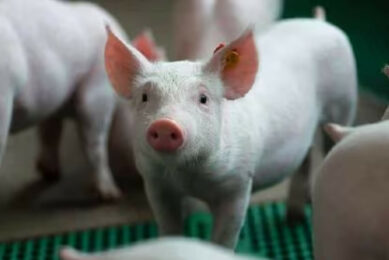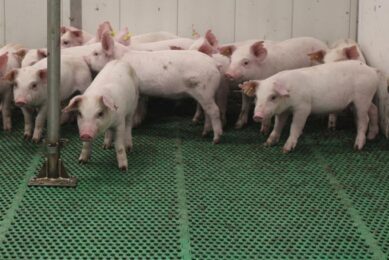AVMA applauds legislation to end shortage of veterinarians
The American Veterinary Medical Association (AVMA) applauded U.S. Senators Tim Johnson, D-S.D., and Mike Crapo, R-Idaho, for introducing the Veterinary Medicine Loan Repayment Program Enhancement Act (S. 3621).
The bipartisan legislation will help the country address a critical shortage of veterinarians serving our rural areas by making the Veterinary Medicine Loan Repayment Program (VMLRP) tax-exempt, thereby increasing the number of veterinarians who can participate in the program. The act would also apply to similar state programs that encourage veterinarians to practice in underserved communities.
©
Rather than awarding the full funding for this program each year, the current form of the VMLRP requires that 39 percent of the money it receives be returned to the U.S. Treasury as a federal tax, unlike its counterpart program for human medicine, the National Health Service Corps Loan Repayment Program.
©
“By making the Veterinary Medicine Loan Repayment Program tax-exempt, we will be sending more veterinarians into areas around the country that lack professionals possessing critical expertise in animal care, food safety and public health,” said Dr. Ron DeHaven, chief executive officer of the AVMA. “If the Johnson-Crapo bill passes, it will remove the program’s tax burden, allowing enough additional funds to provide one additional veterinarian for every three veterinarians currently scheduled to receive awards. These additional veterinarians in underserved areas would go a long way to further protect our nation’s food supply and public health.”
©
“Communities in rural America depend on the health of their livestock for their livelihood, but many have no practicing veterinarian,” Johnson said. “The demand is only expected to increase by double digits over the next six years alone. This bill will make it easier to bring more veterinarians to these underserved areas and meet this demand.”
©
“The shortage of veterinarians in the U.S. is acute,” Crapo said, “with 1,300 counties throughout the country with less than one food animal veterinarian per 25,000 farm animals.©This matters to more than just livestock and agricultural producers.©It limits disease surveillance and response as well as animal welfare, and affects the economy. In Idaho alone, nearly half of our counties are in designated shortage areas.©This legislation will help alleviate the shortage of veterinarians and maximize the program through addressing the tax treatment of program assistance.”©
©
Nationwide, there are 500 counties that have at least 5,000 farm animals but no veterinarians in the area to treat them. This shortage could have dire consequences on human and animal health, public safety, animal welfare, disease surveillance and economic development. The demand for veterinarians across the United States could increase by 14 percent by 2016.
©
Other U.S. Senators co-sponsoring the legislation are Sam Brownback, R-Kan.; Michael Bennet, D-Colo.; Thad Cochran, R-Miss.; Byron Dorgan, D-N.D.; Al Franken, D-Minn.; Tom Harkin, D-Iowa; Mike Johanns, R-Neb.; Amy Klobuchar, D-Minn.; Jim Risch, R-Idaho; and Olympia Snowe, R-Maine.
©
The Veterinary Medicine Loan Repayment Program Enhancement Act already has the support of 123 animal, agricultural and veterinary medicine organizations nationwide.
©
The AVMA and its more than 80,000 member veterinarians are engaged in a wide variety of activities dedicated to advancing the science and art of animal, human and public health.
©
Related website:
AVMA
©
©











